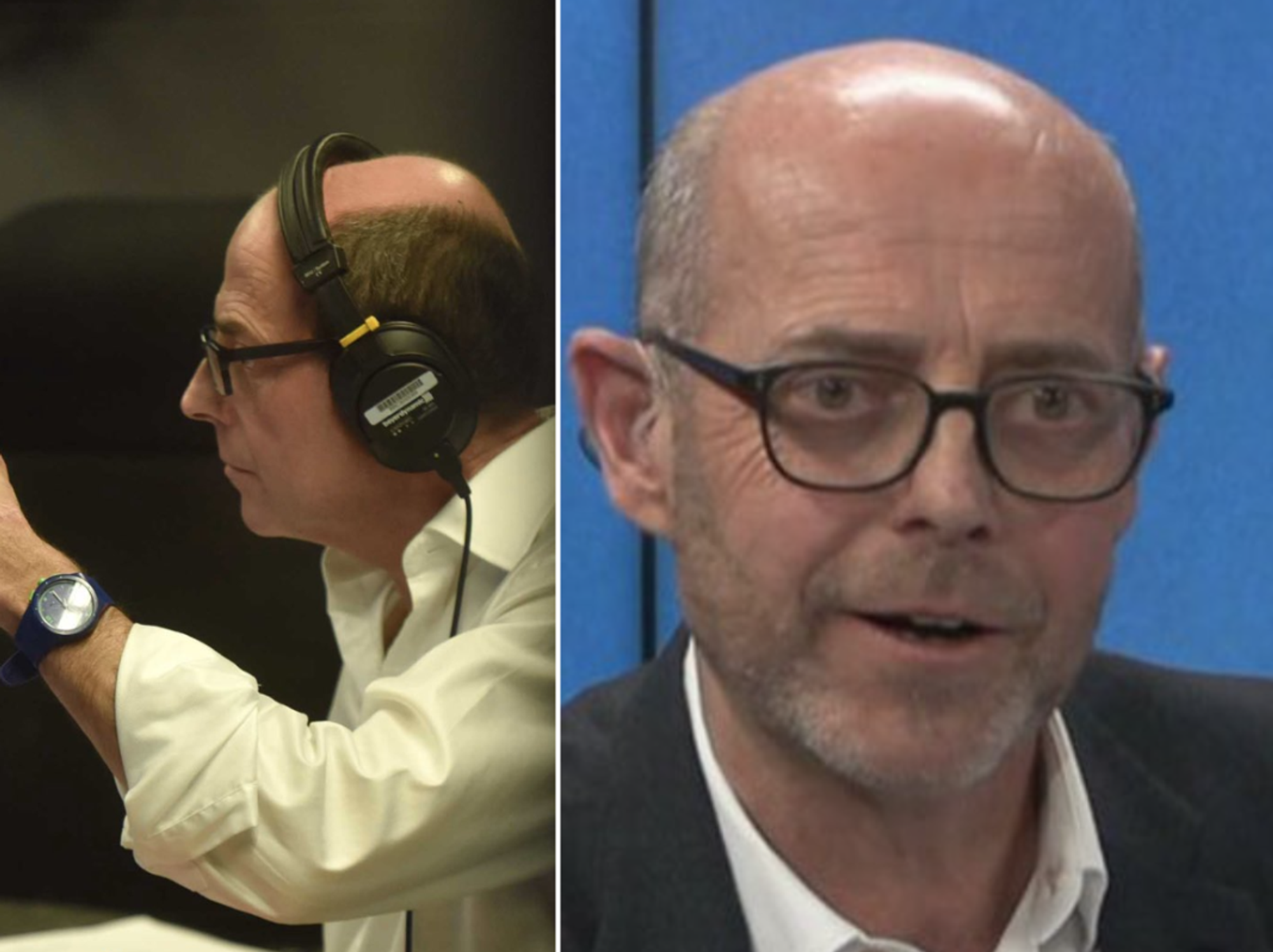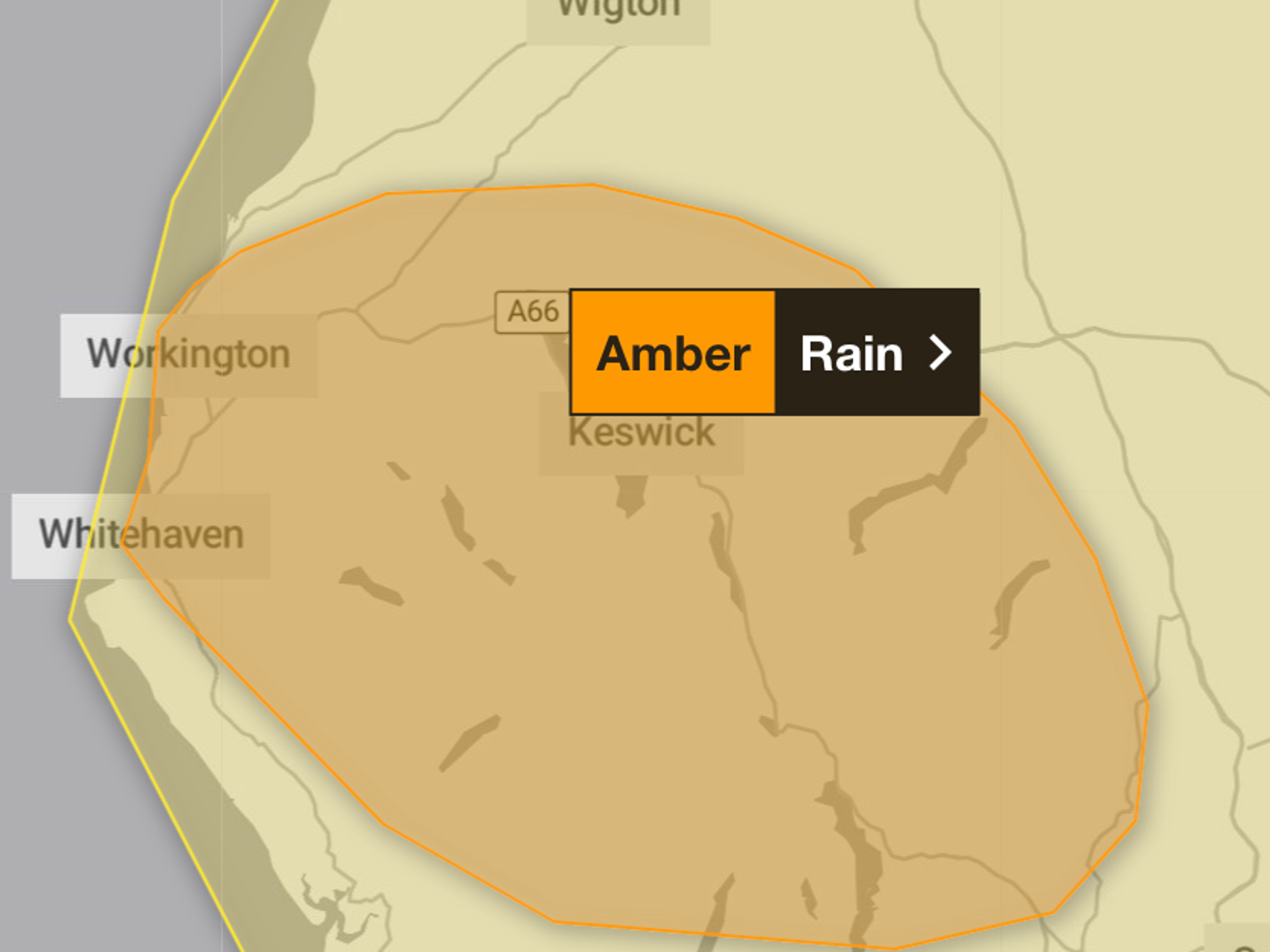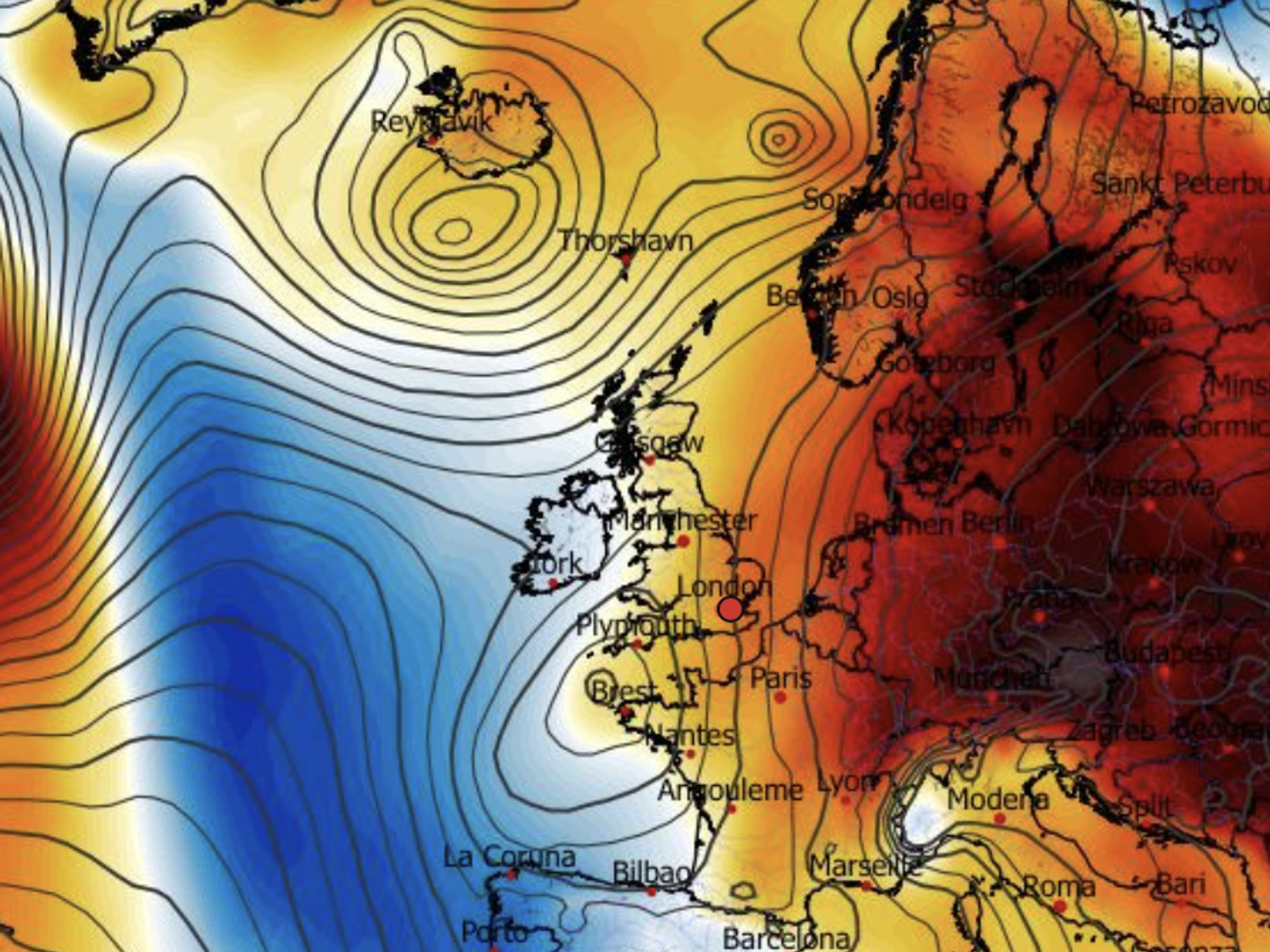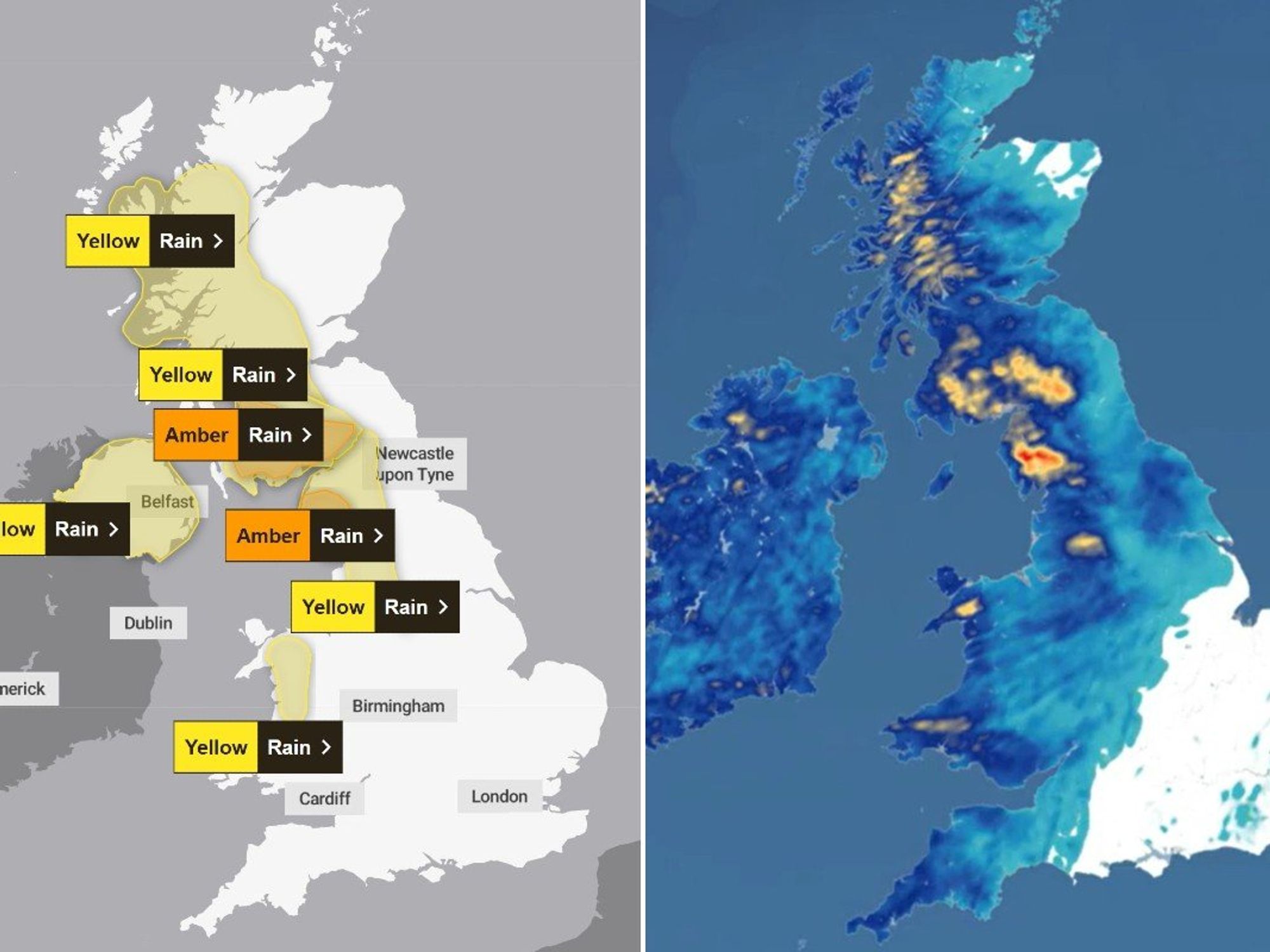Liam Halligan: Can Rishi Sunak counter the cost of living crisis?
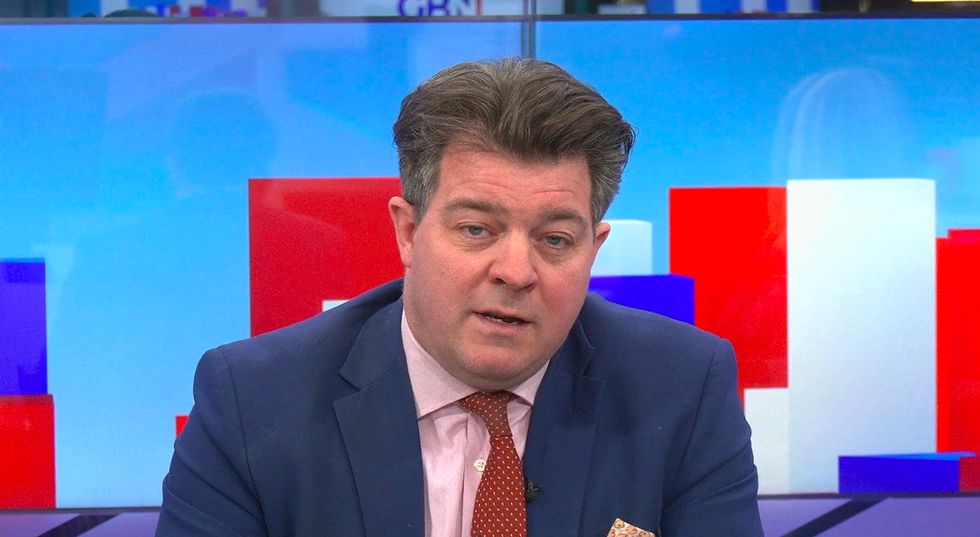

By Liam Halligan
Published: 10/03/2022
- 14:15As inflation rises, and living standards slide for millions, what can the government actually afford to do?
Don't Miss
Most Read
With global energy markets still in turmoil, the RAC has this morning raised its prediction of where petrol prices are going.
The motoring organisation says the average cost per litre will top £1.60 a litre this week, while diesel is set to hit £1.70.
The cost of filling an average family car with diesel has already topped £90 for the first time – and, in some parts of the UK, the costs are much higher than that.
As the cost-of-living squeeze bites, Rishi Sunak is coming under pressure to do more to help struggling households in this upcoming Spring Statement – due on Wednesday 23rd March.
Designed like a mini Budget, the Chancellor’s Spring statement is taking on huge importance in light of this military war between Russia Ukraine conflict and the related East-West economic conflict.
The highly-respected Institute of Fiscal Studies says the cost-of-living squeeze means Sunak faces a “huge judgement call” over whether or not to borrow more, given the vast amounts spent on furlough and other pandemic measures.
As fuel and energy prices spiral, will the Chancellor do more to protect those on moderate incomes from rising energy costs?, asks the IFS.
If not, the public faces “the biggest hit to household incomes” at least since the 2008 financial crisis.
Today’s IFS focuses on the one in five of all workers employed by the public sector – including doctors, nurses and state-school teachers. As the cost of living rises, Sunak is going to have to find more money from somewhere, says the IFS, to avoid a painful public sector pay squeeze.
There are around 5.7 million public sector workers and, even before this Russia-Ukraine conflict, inflation was on course to reach around 7 per cent this year, as the cost-of-living squeeze bites. If public sector pay is to keep up with even this inflation rate, the Chancellor needs to find an extra £10 billion, the IFS calculates. That’s equivalent to an extra 2 pence on the basic rate of income tax.
During the Covid pandemic, our youthful Chancellor borrowed heavily to fund anti-Covid health measures and support schemes. Now, this Russia-Ukraine conflict, and related East-West economic war, puts out public finance under huge pressure once more.
As inflation rises, and living standards slide for millions, what can the government actually afford to do?







